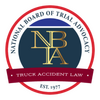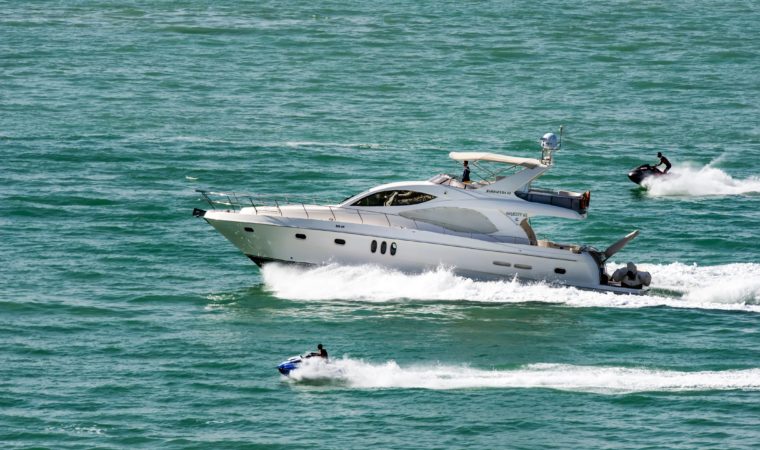Boating is a great way to spend summer days, but before you head out into open waters, make sure your boat is supplied with the proper safety equipment. What you need depends on the size and type of boat you have, but the following list should get you started:
- Emergency Floatation Devices: You should have one floatation device on board for each person on the boat. This includes life jackets and throwable floatation devices such as buoyant cushions, ring buoys, and horseshoe buoys.
- GPS or Compass: These items are especially helpful if you are in unfamiliar waters or tend to get turned around easily.
- Radio: If you get stranded, it’s a good idea to have a radio or cell phone that can reach someone on shore to help you.
- Bell, Whistle or Horn: Other boaters may not see you, which could place you in harm’s way. To avoid an accident, you need to have a bell, whistle or horn to warn them of your approach.
- Fire Extinguisher: What would you do if your boat’s motor caught on fire? In the heat of the moment, you might throw water on it, but that might actually make the problem worse. Boats that are more than 26 feet long are required to carry a Type B-1 fire extinguisher for just this type of fire.
- Visual Distress Signals: If it’s dark and your boat breaks down or if you’ve run aground and someone needs to locate you, having lights or flares will make it much easier to find you.
- Oars: If your boat’s motor dies and there’s no boat towing service available, you’ll be glad you have these.
- Anchor and Line: Make sure to have enough line to reach the bottom of the deepest water you think you will encounter.
- Bucket: If your boat springs a leak, you’ll need something to use to bail the water out.
- First Aid Kit: For medical emergencies on board.
- Food and Bottled Water: These things make the day more comfortable, and they become invaluable if you find yourself stranded.
- Sunscreen: Protect your skin by wearing a waterproof sunscreen that guards against UVA and UVB rays, and remember to reapply throughout the day.
One of the most important things you can do is to leave a float plan with someone on shore. Make sure that person knows when you’re going out on the water, where you’re going and how long you think you’ll be gone. That way if you do find yourself stranded, it will be easier for someone to get you some help.
Above all, don’t boat under the influence of drugs or alcohol. Remember–if you are driving the boat, your passengers’ safety is in your hands. Don’t let them down!

















